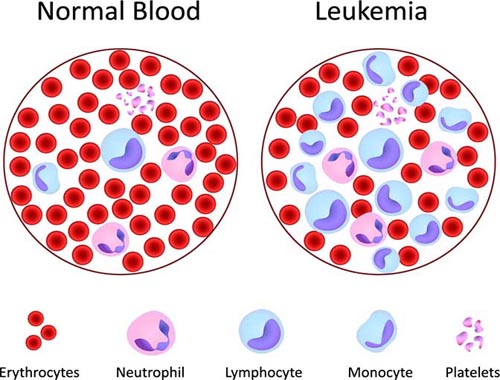Differential Diagnosis - how to check your health problem test
 Published: 12 Oct 2024
Published: 12 Oct 2024
Blood Clotting Tests
Blood clotting tests are important for diagnosing and managing blood clotting disorders. They measure proteins in the blood that affect clot formation. Abnormal levels of these proteins can indicate a risk of bleeding or blood clots. These tests are also used to monitor patients taking medications that affect blood clotting, such as heparin and warfarin.
Common Blood Clotting Tests
* D-dimer test: Detects D-dimer, a protein fragment released when clots dissolve. A normal D-dimer level is 0.50. A positive result may indicate a potential clotting issue, but there is no critical level.
* Prothrombin time (PT)/International Normalized Ratio (INR) test: Measures the time it takes for blood to clot. Normal PT is 11 to 13.5 seconds. INR, which is calculated from PT results, ranges from 0.8 to 1.1.
* Activated partial thromboplastin time (aPTT) test: Assesses how long it takes for blood to clot. The normal range for aPTT is 21 to 35 seconds.
Physicians often order these coagulation tests to evaluate and manage blood clotting disorders. The results provide valuable information for diagnosing and treating these conditions.
 Published: 12 Oct 2024
Published: 12 Oct 2024